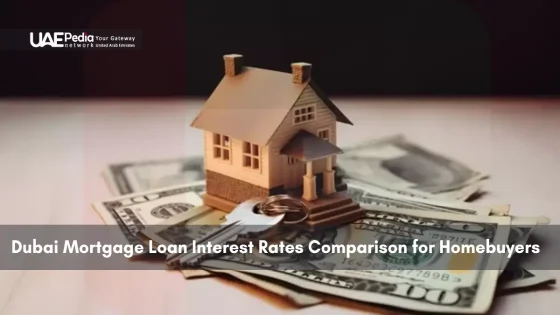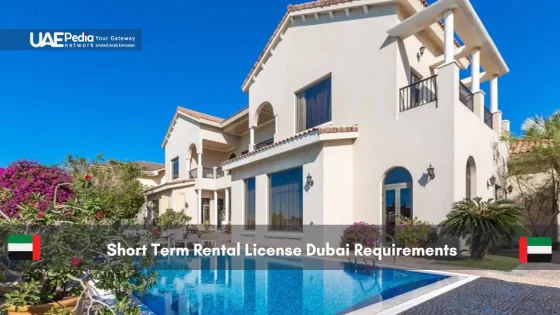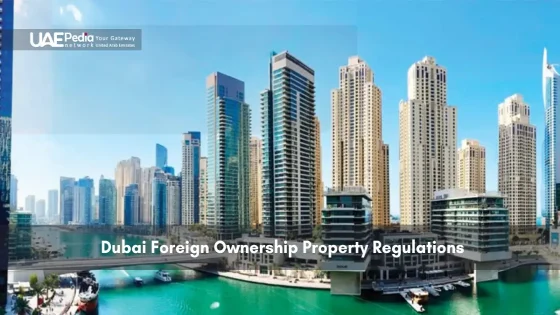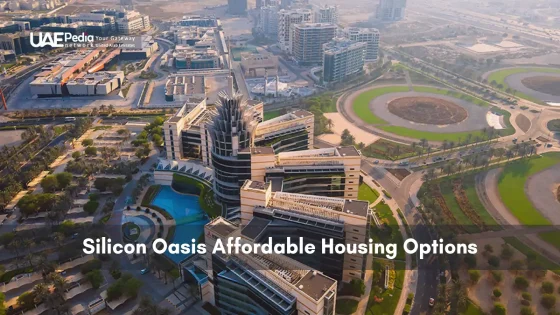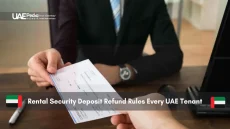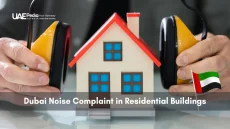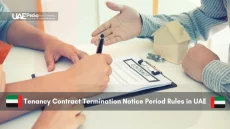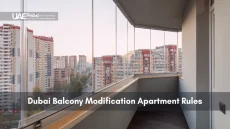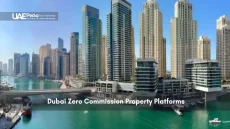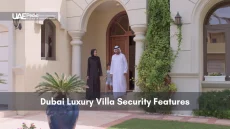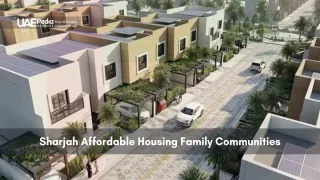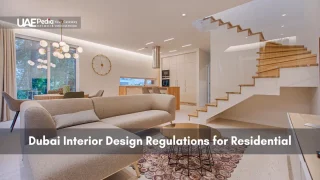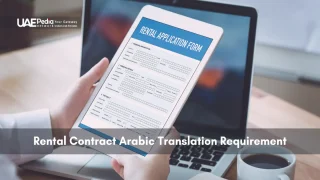Did you know that securing a home in Dubai’s bustling market starts with understanding numbers as dynamic as the city itself? Right now, property financing options here offer rates as low as 2.99%, but navigating these choices requires more than just a quick glance. Whether you’re a first-time buyer or exploring new opportunities, this guide is your compass.
We’ll break down the essentials—from conventional to Sharia-compliant options—so you can compare terms confidently. Current offers vary between 2.99% and 4.99%, with deposit requirements differing for UAE Nationals (as low as 15%) and Residents (typically 20%). These details matter, especially when planning your next move in a market that blends modern ambition with cultural traditions.
Our goal? To simplify the fine print. For example, current rates and requirements reflect both competitive deals and regional nuances. Think of this as your friendly roadmap—no jargon, just clarity on what matters most.
- Purpose: Compare financing options to help you make informed decisions.
- Coverage: Explore fixed-rate plans, adjustable terms, and ethical financing alternatives.
- Key Insight: Deposit rules and eligibility criteria shape your path to ownership.
Overview of Mortgage Options in Dubai
Imagine choosing between a steady path and an adventurous trail—that’s the essence of picking property financing here. Let’s explore two main routes: predictable payments versus flexible plans, plus ethical alternatives that align with cultural values.
Steady Payments or Market Moves?
Fixed plans lock your rate for 3-5 years—like a financial safety net. You’ll know exactly what’s due each month. After that initial period, many switch to variable terms tied to market indexes. Perfect for planners!
Variable options? They dance with economic trends. When rates dip, your payments shrink. But prepare for climbs during shifts. HSBC’s recent offers show variable plans starting lower, appealing to risk-tolerant buyers.
| Feature | Fixed Plan | Variable Plan |
|---|---|---|
| Initial Rate Period | 3-5 years | 1-3 years |
| Payment Predictability | High | Moderate |
| Best For | Budget-focused buyers | Market-savvy investors |
Ethical Alternatives
Sharia-compliant options avoid traditional interest. Instead, banks like Emirates NBD use musharakah partnerships or lease-to-own models. You co-invest in the property, sharing profits instead of paying set rates.
“Our ethical plans mirror community values—transparency and shared growth guide every deal.”
Three quick tips:
- Compare closing costs—some products have higher fees
- Ask about early repayment penalties
- Consult a financial advisor to map 5-year goals
Understanding Mortgage Rates in Dubai
Picture this: two identical homes, but different monthly payments. The secret lies in the dynamic factors shaping financing costs here. Let’s break down what moves the needle—from global economics to your credit history.
The City’s Rate Mechanics
Local banks set costs using three main ingredients: global market trends, regional policies, and property specifics. For example, when the Emirates InterBank Offer Rate (EIBOR) shifts, variable plans adjust like clockwork. A 0.5% EIBOR jump could add AED 250 to a AED 500k loan’s monthly payment.
| Factor | Impact on Cost | Example |
|---|---|---|
| Credit Score | High score = Better terms | 750+ gets 3.25% vs 4% |
| Property Type | Villas often cost less than apartments | 0.3% rate difference |
| Loan Term | Shorter = Lower total cost | 15-year vs 25-year |
Today’s Numbers & What They Mean
Current averages range from 2.99% to 4.99%, with terms stretching 5-25 years. A 20-year term at 3.5% means paying AED 2,897 monthly for AED 500k borrowed. But here’s the twist: your property’s appraisal report can sway these numbers. Overvalued homes sometimes lead to stricter terms.
“A precise valuation isn’t just paperwork—it’s your bargaining chip for better deals.”
Three quick takeaways:
- Check EIBOR trends before choosing variable plans
- Improve your credit score 6 months pre-application
- Compare at least three valuation reports
Factors Affecting Mortgage Rates in Dubai
Think of property financing like a regional recipe—global spices blend with local ingredients. While your personal finances matter, external forces also stir the pot. Let’s unpack the invisible hands shaping your terms.
Global Winds, Local Policies
Inflation and GDP growth act like economic thermostats. When consumer prices rise, banks often adjust rates to keep borrowing in check. Dubai’s Central Bank steps in too, tweaking policies to balance growth and stability. One advisor puts it simply: “We’re part of a worldwide dance—when the Fed or ECB moves, we feel it here.”
Recent data shows a 1% GDP shift can sway financing costs by 0.25-0.5%. Trade patterns matter too. More imports? That might mean tighter credit conditions as currency values wobble.
Your Property’s Hidden Leverage
Banks assess risk based on what you’re buying. A villa in a family-friendly area often gets better terms than a high-rise apartment. Why? Lower turnover and steadier value. Commercial spaces? Expect stricter conditions—they’re seen as higher risk.
| Property Type | Typical Deposit | Rate Impact |
|---|---|---|
| Residential Villa | 15-20% | Lower rates |
| Downtown Apartment | 20-25% | Moderate rates |
| Commercial Space | 30%+ | Higher rates |
Your down payment plays double duty. Nationals putting 15% down might secure 3.5%, while expats at 25% could land 3.2%. As one banker notes:
“Higher equity upfront signals commitment—we reward that with friendlier terms.”
Three quick reminders:
- Track UAE’s inflation reports—they’re early rate change signals
- Compare property valuations from three sources
- Ask banks about “locked-in” periods during rate negotiations
How to Secure the Best dubai mortgage loan interest rates
Ever wondered how some buyers unlock better deals while others settle for standard terms? The secret lies in two powerful tools: your financial profile and negotiation savvy. Let’s explore strategies to strengthen both.
Boost Your Financial Credibility
A credit score above 680 opens doors. Think of it as your financial passport—stamps from timely bill payments and low debt balances make lenders smile. One banker shared: “Scores improve fastest when you clear 30% of existing balances and avoid new credit applications.”
| Credit Tier | Score Range | Typical Rate Impact |
|---|---|---|
| Excellent | 750+ | Up to 1.5% discount |
| Good | 680-749 | Standard rates |
| Needs Work | Below 680 | Higher fees or rejections |
Three quick wins:
- Set payment reminders for utilities and cards
- Request free credit reports every 6 months
- Keep credit utilization under 35%
Master the Art of Deal-Shaping
Lenders often have hidden flexibility. Bring a pre-approval letter to negotiations—it’s like showing a golden ticket. One buyer’s story sticks out: “Comparing three offers helped me leverage lower fees from my preferred bank.”
“Banks compete for strong applicants—use that momentum to request waived processing fees or rate locks.”
| Negotiation Tactic | Success Rate | Typical Savings |
|---|---|---|
| Rate Match Request | 68% | 0.25-0.75% |
| Fee Waiver Appeal | 52% | AED 3,000-8,000 |
| Flexible Payment Date | 89% | Better cash flow |
Pro tips:
- Highlight stable income sources during meetings
- Ask about loyalty discounts for existing bank customers
- Consult independent advisors before signing
The Mortgage Application Process and Documentation
Navigating the path to homeownership feels like assembling a puzzle—each piece must click perfectly. Let’s map out the journey from initial interest to handing over the keys, with tips to keep your paperwork adventure smooth and stress-free.
Your Roadmap to Approval
Start with pre-approval—a golden ticket showing banks you’re serious. Submit basic income proof and credit history. Most lenders respond within 48 hours. One advisor notes: “Organized applicants breeze through approvals—it’s all about showing you’ve dotted every ‘i’.”
- Property Valuation: Banks require an appraisal to confirm the home’s worth matches your offer.
- Underwriting: This 7-14 day period involves verifying your employment, debts, and savings.
- Final Approval: Sign contracts once the bank greenlights your application.
- Registration: Secure your ownership at the Land Department—typically 3 business days.
Paperwork Power Moves
Gather these essentials to avoid delays:
- Passport & visa copies (valid for 6+ months)
- Latest 6 months’ bank statements
- Employer salary certificate (dated within 30 days)
- Property title deed or sales agreement
“Missing one document can pause everything—double-check lists with your bank upfront.”
Most applications take 3-6 weeks. Terms stretch 5-25 years, so discuss timelines early. Remember: banks prioritize clarity. A tidy file speeds up the process like magic!
Mortgage Options for Foreign Residents and Expatriates
Picture unlocking a door to your dream home—even from overseas. While non-residents face unique hurdles, local banks welcome global buyers who meet specific criteria. Let’s decode what you’ll need to turn those property keys.
Eligibility and Down Payment Requirements
Expect to show more paperwork than local buyers. Banks typically ask non-residents for:
- Proof of steady income (6+ months of paycheck stubs or business records)
- A down payment of at least 25% for apartments, often higher for luxury villas
- Employment contracts valid through the loan’s initial term
One wealth manager shares: “Banks want confidence you’ll stay committed—both financially and geographically.” Expats from high-risk industries (freelancers, startups) might face stricter checks.
Legal Considerations for Non-Residents
Ownership rules vary by area. Freehold zones like Dubai Marina allow full foreign ownership, while other regions require local sponsors. Always verify:
- Property licensing requirements (some developments need special approvals)
- Tax implications in your home country
- Mandatory insurance coverage levels
“Non-residents often overlook title deed translations—this can delay registration by weeks.”
Three steps to streamline your application:
- Get salary certificates notarized in both English and Arabic
- Request a No-Objection Certificate from your current landlord if renting
- Compare fixed vs. variable terms—some banks offer expat-specific packages
While the process feels intricate, thousands secure financing yearly. With organized documents and local guidance, your application can shine brighter than the desert sun.
Comparing Banks and Mortgage Offers in Dubai
Ever felt like comparing financial offers is like navigating a spice market? Each stall—or bank—has distinct flavors. Let’s explore how leading institutions tailor their plans for different properties and buyers.
Major Banks and Their Mortgage Products
HSBC leads with flexible variable plans starting at 3.1%, ideal for short-term investors. Mashreq Bank counters with fixed-rate options locked for five years—perfect for stability seekers. Emirates NBD stands out with ethical financing models, blending partnership structures for cultural alignment.
| Bank | Residential Rate | Commercial Rate | Key Feature |
|---|---|---|---|
| HSBC | 3.1% variable | 4.2% fixed | No early settlement fees |
| Mashreq | 3.4% fixed | 4.5% variable | 20% deposit for expats |
| Emirates NBD | 3.7% partnership | N/A | Sharia-compliant |
Competitive Rates for Residential and Commercial Properties
Apartments and villas often get sweeter deals than commercial spaces. A AED 2M home might secure 3.1% with 20% down, while shops require 30% deposits and rates near 4.5%. One advisor explains: “Banks view homes as lower risk—they’re easier to resell if payments stall.”
Brokers can widen your options but may add fees. Direct bank negotiations sometimes unlock perks like waived processing costs. For example, Mashreq recently offered AED 5,000 savings for applicants matching competitor quotes.
“Always compare the fine print—a lower rate might hide higher insurance demands or prepayment penalties.”
Three final checks before choosing:
- Ask about rate lock expiration dates
- Verify property-specific eligibility rules
- Read recent customer reviews on approval speed
Expert Tips and Professional Advice for Homebuyers
Imagine your home purchase as a desert expedition—what’s visible is just the tip of the dunes. Beyond your down payment, hidden fees and administrative costs can reshape your financial landscape. Let’s chart a path to avoid surprises.
Budgeting for Additional Costs and Fees
Start by setting aside cash reserves for four key areas:
- Registration fees (4% of the property value)
- Annual insurance premiums (0.1-0.3% of home value)
- Valuation reports (AED 2,500-4,000)
- Maintenance deposits (up to 5% of annual rent)
Track recurring payments like service charges—they average AED 12-18 per square foot annually. One advisor warns: “Underestimating these can turn your dream home into a financial mirage.”
“Compare lender fees like you’d haggle at a souk—processing charges vary from AED 3,000 to 8,000. Negotiate fiercely!”
| Fee Type | Typical Cost | Payment Timing |
|---|---|---|
| Property Registration | 4% of value | At purchase |
| Home Insurance | AED 1,500-4,000/yr | Annually |
| Broker Commission | 2% of sale price | Post-sale |
Three final tips:
- Review contract conditions about penalty fees
- Allocate 3-5% of your budget for unexpected repairs
- Consult experts to map your full property journey
Final Thoughts on Navigating Dubai Mortgage Loans
Stepping into the property market here feels like joining a well-choreographed dance—once you learn the rhythm, every move becomes intentional. With current offers ranging between 2.99% and 4.99%, aligning your financial strategy with local dynamics is key. Whether you’re eyeing a cozy villa or a sleek downtown apartment, clarity on terms and conditions transforms confusion into confidence.
Take time to compare products across banks. Look beyond headline numbers—dig into fees, flexibility, and long-term commitments. A well-prepared applicant who cross-checks documentation and seeks expert guidance often secures better terms. Remember: your dream home isn’t just about today’s payments but how they fit your goals over 5, 10, or 25 years.
Final tip? Treat this guide as your backstage pass. Bookmark it for quick refreshers on eligibility criteria or rate trends. And when you’re ready, pair your research with consultations from trusted advisors. After all, the right partnership turns complex paperwork into a streamlined path forward.
You’ve got this—now go unlock those doors!
Fixed-rate options lock in your interest for 1–5 years, ideal if you prefer predictable payments. Variable rates shift with market changes—better for shorter-term plans or if you expect rates to drop. Always compare banks’ terms before deciding!
Yes! Expats can secure loans with a minimum 20–25% down payment. Banks require proof of stable income (often AED 15k+ monthly), a valid visa, and residency documents. Some lenders even offer tailored packages for foreign buyers.
A strong credit history (650+ on the Al Etihad Credit Bureau scale) shows lenders you’re reliable. This often leads to lower interest offers or waived fees. Check your report early and fix any errors before applying!
Budget for property valuation fees (around AED 3k), processing charges (1% of loan value), and life insurance. Off-plan purchases may include service fees or delayed handover penalties. Always request a full cost breakdown upfront.
Gather your Emirates ID, salary certificates (last 6 months), bank statements, and existing liability details. Many banks now offer digital pre-approval in 48 hours—just ensure your debt-to-income ratio stays below 50% for smoother sailing.
Emirates NBD, ADCB, and Mashreq lead with rates as low as 3.99% for prime buyers. Check if they’re running promotions—some waive early settlement fees or offer free property insurance for the first year.
Absolutely! Refinancing lets you switch lenders for better terms, but watch for exit fees (1–2% of remaining balance) and new processing costs. Banks often promote balance-transfer deals during rate dips—keep an eye on market trends.
